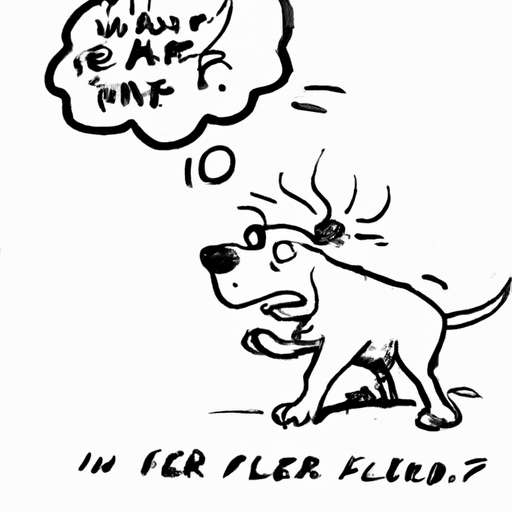You’ve seen it before. Your furry friend tilting their head side to side, flapping their ears vigorously. This head shaking might seem amusing, but why do dogs shake their heads so often, and should you be concerned? This article will dive into the reasons behind this behavior, analyze when it might be a sign of a health issue, and explain how you, as a caregiver, can help.
Table of Contents
- Common Reasons for Head Shaking in Dogs
- Health Concerns Related to Head Shaking
- Tips to Prevent Excessive Head Shaking
- Frequently Asked Questions
Key Takeaways
- Dogs shake their heads for various reasons, such as relieving discomfort, responding to an itch, or expressing their emotion.
- Regular head shaking may indicate health issues such as ear infections, allergies, foreign objects, or more serious conditions.
- Proper ear care and regular check-ups are crucial to prevent excessive head shaking.
Common Reasons for Head Shaking in Dogs
Dogs shake their heads for a variety of reasons. The most common reasons are pretty harmless and part of normal dog behaviour:
-
Relieving Discomfort: Just like we humans might shake or tilt our heads to get water out of our ears, dogs might do the same. It’s a natural response to an uncomfortable sensation.
-
Responding to an Itch: Dogs can’t reach their ears with their paws, so they shake their heads to relieve an itch.
-
Expressing Emotion: Dogs sometimes shake their heads when they are excited or anxious, similar to how they wag their tails.
Health Concerns Related to Head Shaking
While occasional head shaking is normal, excessive or vigorous head shaking can be a sign of underlying health issues. Here are some concerns that might lead your dog to shake their head frequently:
-
Ear Infections: Dogs with long, floppy ears are particularly prone to ear infections, which can cause discomfort and lead to head shaking. PetMD provides a more detailed explanation on ear infections in dogs.
-
Allergies: Dogs, like humans, can be allergic to a variety of things, from certain foods to environmental factors like pollen or dust. These allergies can cause itchiness and inflammation in the ears.
-
Foreign Objects: Dogs love to explore, and sometimes, foreign objects like grass seeds or burrs can get lodged in their ears, causing them to shake their head in an attempt to dislodge the object.
-
Parasites: Ear mites, ticks, and fleas can cause discomfort and itchiness, leading to head shaking.
If you notice persistent or violent head shaking, it’s best to consult your vet. You can also learn more about possible health concerns related to head shaking at One Top Dog.
Tips to Prevent Excessive Head Shaking
As a caregiver, you’re in the best position to help your dog avoid excessive head shaking. Here are some tips:
-
Regular Ear Cleaning: Maintaining your dog’s ear hygiene can prevent many causes of head shaking. Be careful not to clean too frequently or too deeply, as this can damage the ear canal.
-
Check for Foreign Objects: After outdoor adventures, check your dog’s ears for foreign objects.
-
Keep Up with Vet Appointments: Regular check-ups can help catch and address any potential health issues early.
-
Proper Nutrition: Providing a balanced diet can help strengthen your dog’s immune system and reduce the risk of allergies. For more information on proper dog nutrition, you can visit this page.
Frequently Asked Questions
Q: How often should I clean my dog’s ears?
A: As a general rule of thumb, once a week is suitable for most dogs, but it depends on your dog’s breed and health. Always consult your vet for personalized advice.
Q: Is head shaking a sign of ear infection in dogs?
A: Frequent or intense head shaking can be a sign of an ear infection. Other symptoms include redness, swelling, or an unusual odor.
Q: What should I do if my dog can’t stop shaking their head?
A: If your dog can’t stop shaking their head, it’s best to consult your vet as soon as possible. It could be a sign of a serious problem, such as a deep-seated ear infection or a foreign object lodged in the ear.
Understanding why dogs shake their heads can help you better care for your canine companion. By being aware of the causes and knowing when to seek veterinary help, you can ensure your dog is healthy and comfortable. For more information on dog health and behavior, you can visit One Top Dog.



